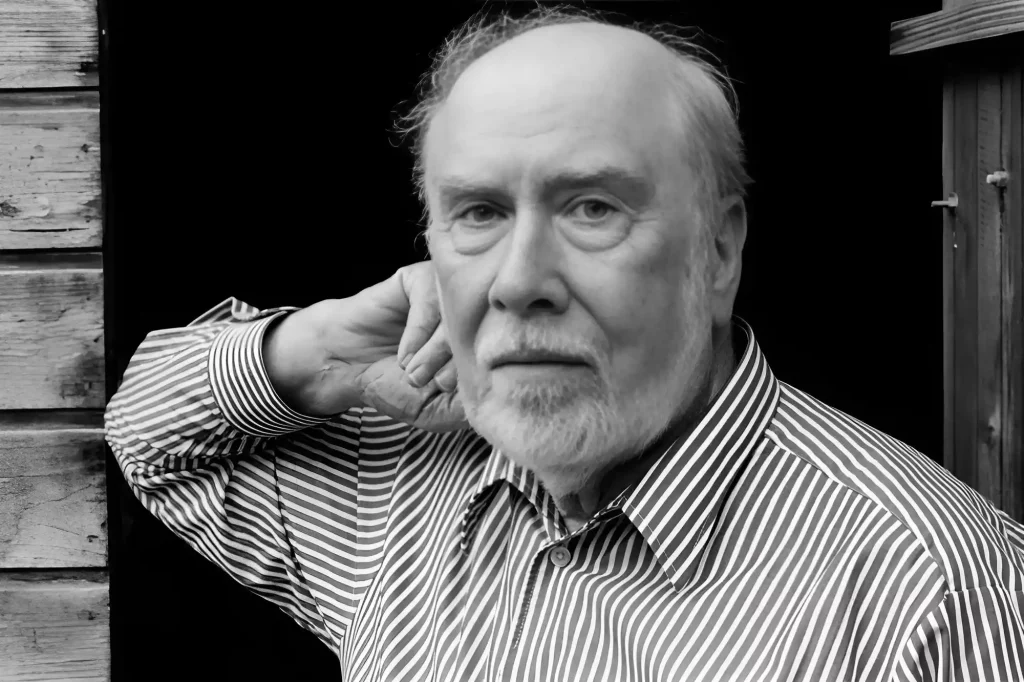Who is Niklaus Wirth?
Niklaus Wirth (1934–2023), an outstanding Swiss scientist and programmer, has left an indelible mark on the world of computer science through his influential contributions to programming and the creation of the Pascal programming language.
Early Life and Education Niklaus Wirth was born on February 27, 1934, in Switzerland. His fascination with mathematics and technology manifested at an early age, leading him to study at the Eidgenössische Technische Hochschule (ETH) in Zurich.

Contribution to Programming In the 1960s, Niklaus Wirth actively participated in research in the field of computer science while working at the IBM Zurich Research Laboratory. He became one of the pioneers of structured programming, a concept that allows building programs using blocks of code with clear structures.
Pascal Programming Language However, the true milestone in Niklaus Wirth’s career was the creation of the Pascal programming language. Developed in the early 1970s, Pascal was designed for teaching programming and structured programming. It provided efficient tools for developing clean and structured code, making it a popular choice in academic and industrial programming.
Impact on Programming Pascal became a crucial step in the evolution of programming languages. Many features of Pascal were later refined and incorporated into other languages, such as C and C++. It exerted a strong influence on the methodology of software development and made a significant contribution to shaping modern software engineering standards.
Later Years Niklaus Wirth remained actively involved in programming and education until the last years of his life. His passing in 2023 was perceived by the community as the loss of a great mind and inspiration.
Conclusion Niklaus Wirth will be remembered as an outstanding scientist who not only created an important tool in the world of programming but also made a substantial contribution to the development of computer science as a whole. His legacy will continue to inspire future generations of programmers and researchers, contributing to the ongoing shaping of the digital era.